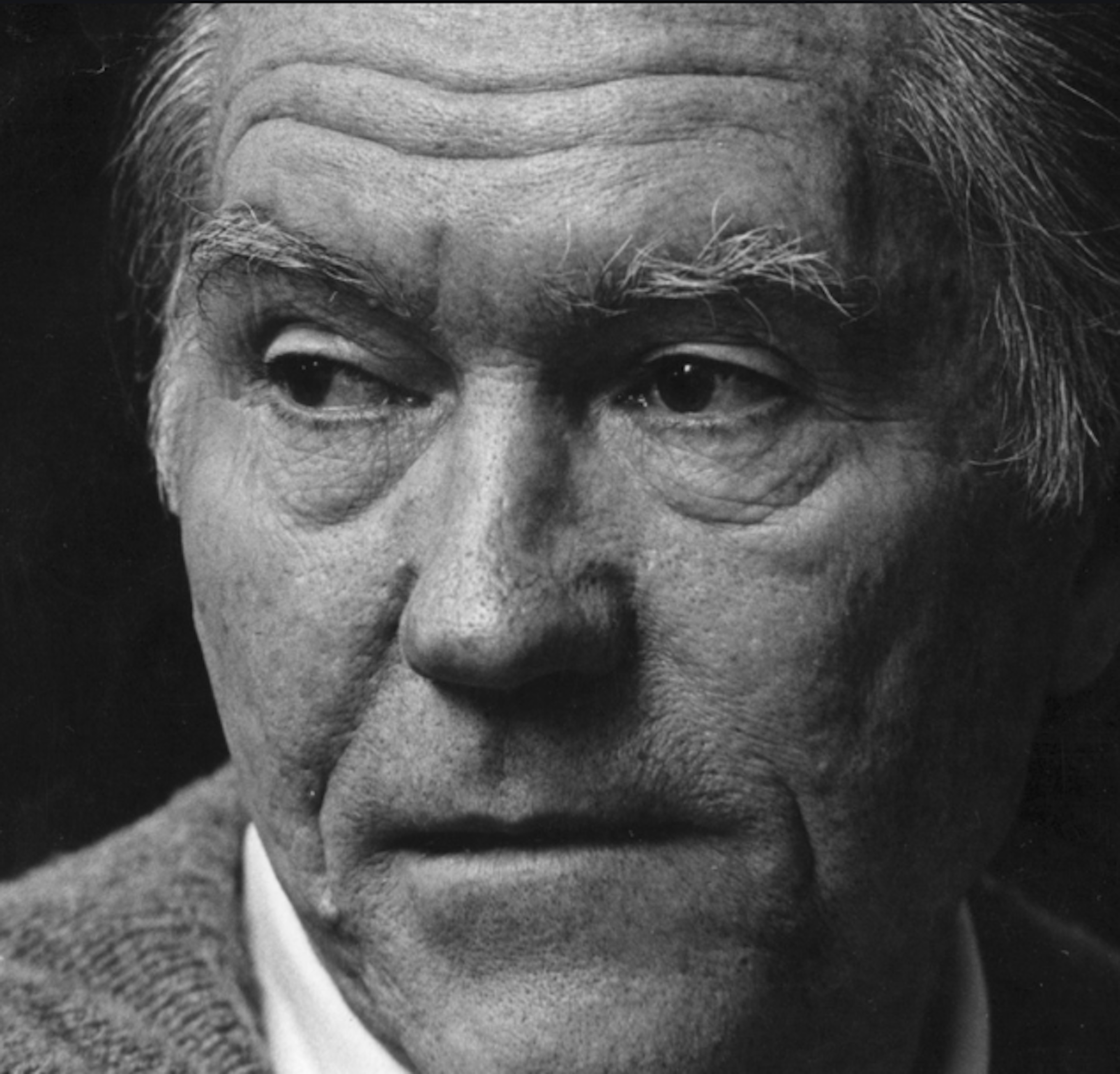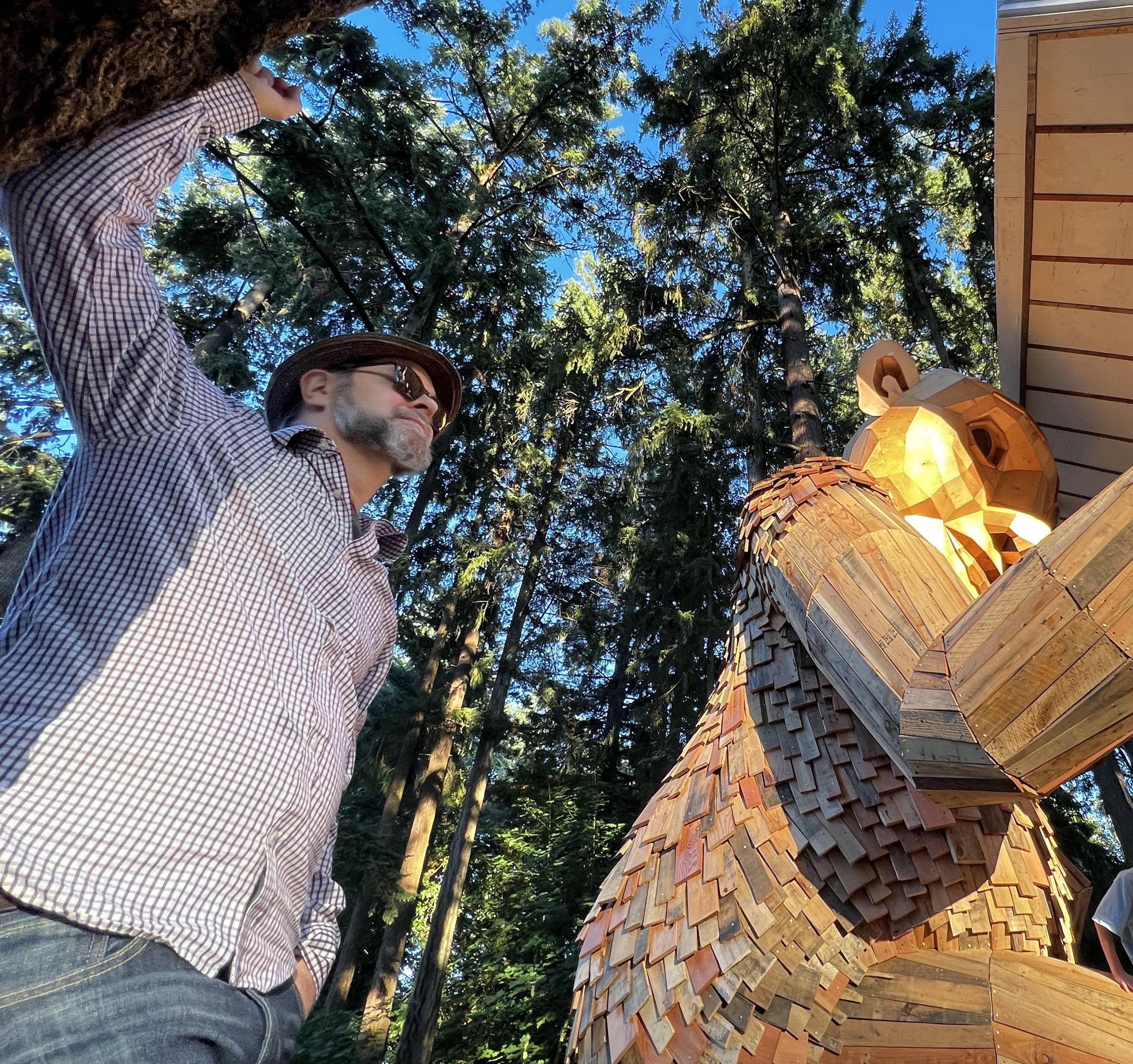This website use cookies to ensure you get the best experience on our website
The Stafford Challenge

About this project
The idea for The Stafford Challenge originated in fall 2023 during a long, hot shower. Poet and storyteller Brian Rohr was considering how to up his writing game. As a father who is working full time, he was not writing as much as he would like, and recognized that he does his best when there is a container. He chose to commit to writing a poem a day for a year, inspired by the practice of poet William Stafford. When considering who to invite to join him, he decided to invite everyone and anyone who wanted to participate. And so the idea was born.
Rohr reached out to Kim Stafford, a renowned writer/poet in his own right, who is the son of William Stafford. As the executor of his father's literary estate, he gave his blessing to use his father's likeness and name for this project.
In 2024, The Challenge's first year, 1153 people signed up from 28 countries, 49 of the 50 states, plus Washington DC. After hearing from many interested people, Rohr is running it again for another year, beginning January 17, 2025.
About William Stafford

William Stafford (1914-1993) was one of the most prolific and important American poets of the last half of the twentieth century.
He was born in Hutchinson, Kansas, served as a conscientious objector in a series of work camps during World War II, and taught for thirty years at Lewis & Clark College in Oregon, as well as traveling the world to share the gospel of poetry.
Among his many credentials, Stafford served as consultant in poetry at the Library of Congress (the name was later changed to the US Poet Laureate), and received the National Book Award for his poetry collection Traveling through the Dark (1963). During his lifetime, Stafford published over sixty books of poetry that still resonate with both scholars and general readers, and a dozen books by and about him have been published since his death.
Stafford's perspectives on peace, the environment, and education serve as some of the most articulate and engaging dialogues by a modern American writer about three of the most important issues of the second half of the twentieth century, with lasting impacts on future generations.
Howard Zinn, one of America's most iconic modern historians, was keenly aware of Stafford's insight into modern American culture. He claimed, “William Stafford's prose and poetry, wise and eloquent, speak directly to the violence of our time, and to our hope for a different world.” And the poet Robert Bly predicted in the 1990s, “William Stafford will be more widely read in the coming century than in this one.”
He was famous for his habit of daily writing, for his “be not afraid to fail” verve as a writer, and for his kindness and welcomeness as a teacher. “Let’s talk recklessly,” he would say, and the conversation, the class, the poem would lift from there.
About Brian Rohr

Brian Rohr is a poet, writer, and storyteller who resides in the Pacific Northwest of the United States. He has performed as a featured storyteller for national and international audiences, taught and performed at major conferences, high schools, universities, synagogues, and libraries. As a storyteller, Brian focuses on the old stories — the myths, sacred stories, folktales, and fairy tales — knowing that these old stories are alive, vital, and can inform us on how to live our lives as authentic human beings. His essay, “On Being a Story-Carrier,'' was recently featured in the two-volume book set about Jewish Storytelling, P’ri Etz Yitzhak, Fruit of Yitzhak’s Tree. He is the author of the feature length poetry book, Shaken to My Bones: A Poetic Midrash on the Torah, published by Ben Yehuda Press as part of their Jewish Poetry Project series. You can find out more at brianrohr.com.